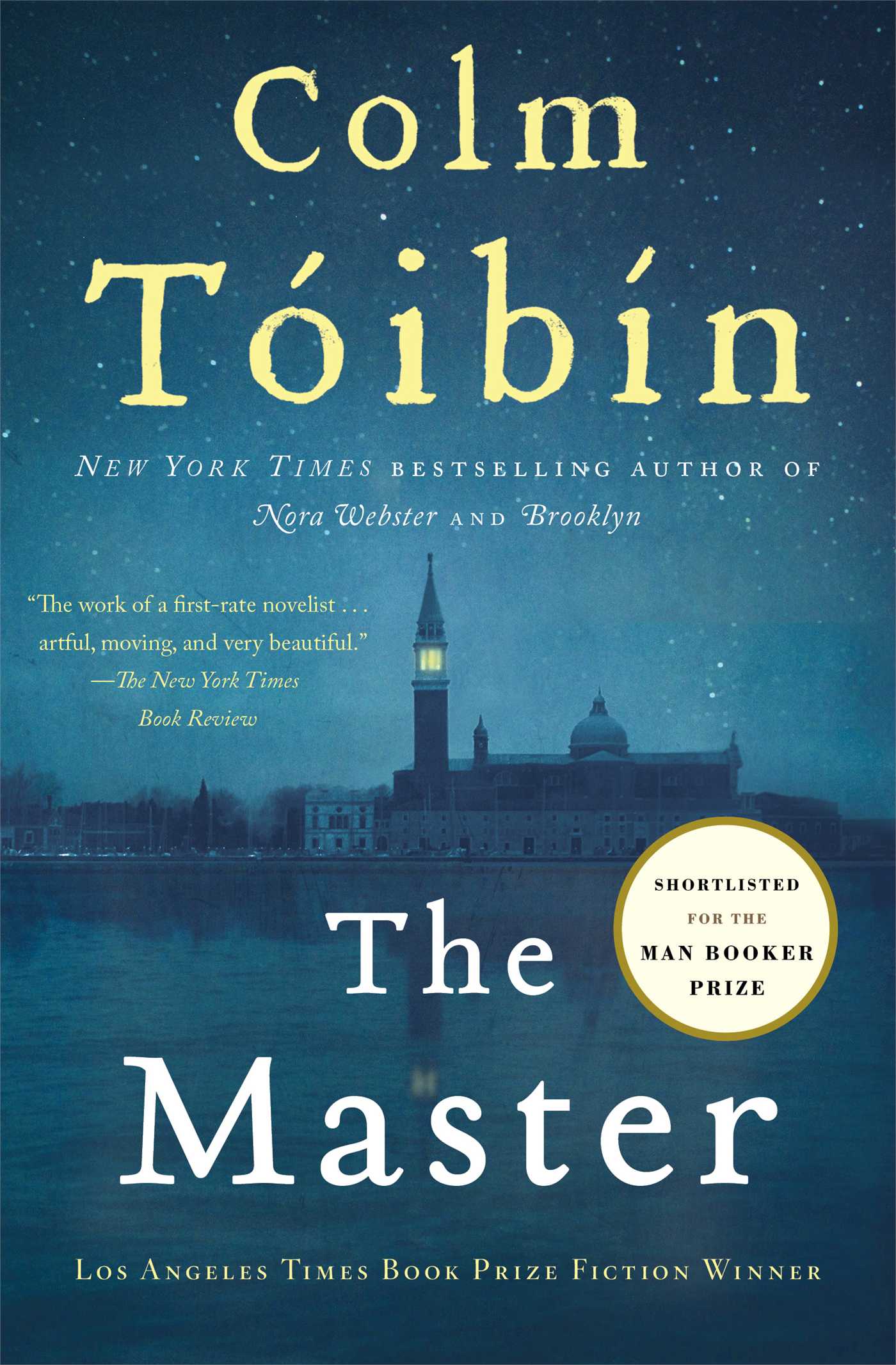I picked up Colm Tóibín’s THE MASTER a few months after finishing his brilliant novel BROOKLYN. When I curled up with THE MASTER, I looked forward to falling into a similar story: one about an expatriate grappling with immigration, homesickness, and growing up.
I figured the books would be alike, though I thought that another novel couldn’t possibly be as good as BROOKLYN. But six pages into THE MASTER, I climbed out of bed and texted a friend, “I’m reading a book that could pass for Henry James.” The friend knew me well enough to know that this was high praise, so she Googled the book and promptly informed me that it was about Henry James and the similarity of the voice was quite intentional.
I was floored. Henry James is an author most people associate with the boring essays and arduous assignments of high school or survey college English courses. Since his heyday in the Victorian era, James’s reputation has slipped, and only his THE PORTRAIT OF A LADY and THE TURN OF THE SCREW continue to be read by any but the most ardent James readers. But in his day, his 33 novels and 22 novellas were the pinnacle of high-class Victorian literature, and they continue to be (in my opinion) some of the most interesting examinations of loss and the power of choice ever written.

That first night, I returned to THE MASTER and was carried away in what has quickly become one of my favorite books.
THE MASTER works on many levels. For a Henry James lover like me, the thoughtful, winding voice, historical accuracy, and emphasis on the themes James cared about most deeply carried this portrait from beginning to end. But in the months since I read it, I’ve recommended it to other friends who haven’t read (or didn’t like) Henry James and the novel works for them, too, as a portrait of a great artist in his declining years. Other readers appreciate this book as a meditation on loss and choice and the weight of the past.
But most important, this book is perfect for readers who loved BROOKLYN. THE MASTER preceded it by five years, but the questions it raises about the meaning of home and the results of leaving home are exactly in line with BROOKLYN’s themes. Though I wouldn’t have ever guessed I’d say this, those themes and questions are even more deeply developed than those he raised in BROOKLYN.
In THE MASTER, readers find both James and Tóibín at their finest.
Grace McNamee is an assistant editor at Bloomsbury.








